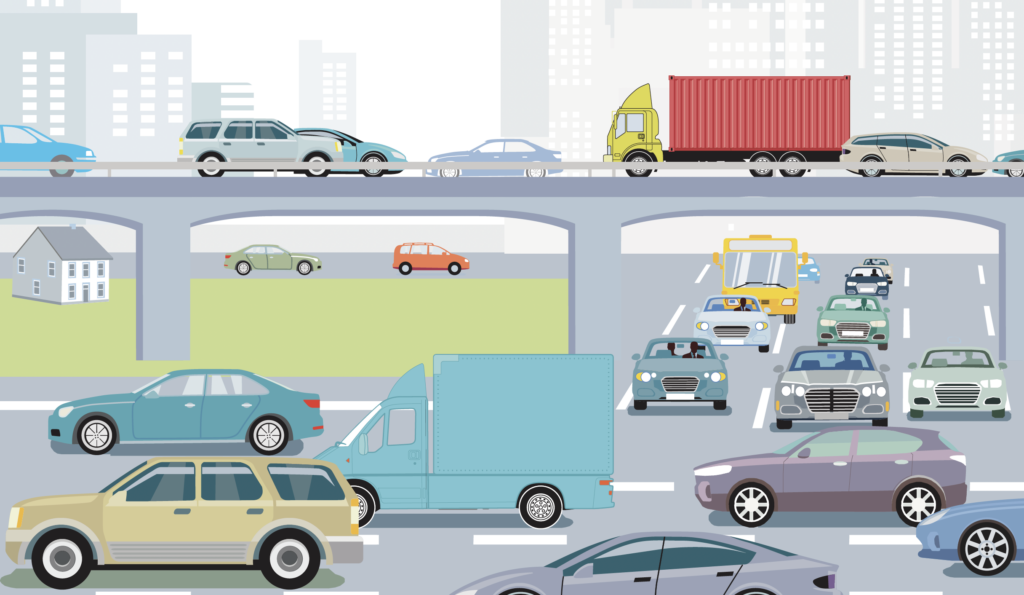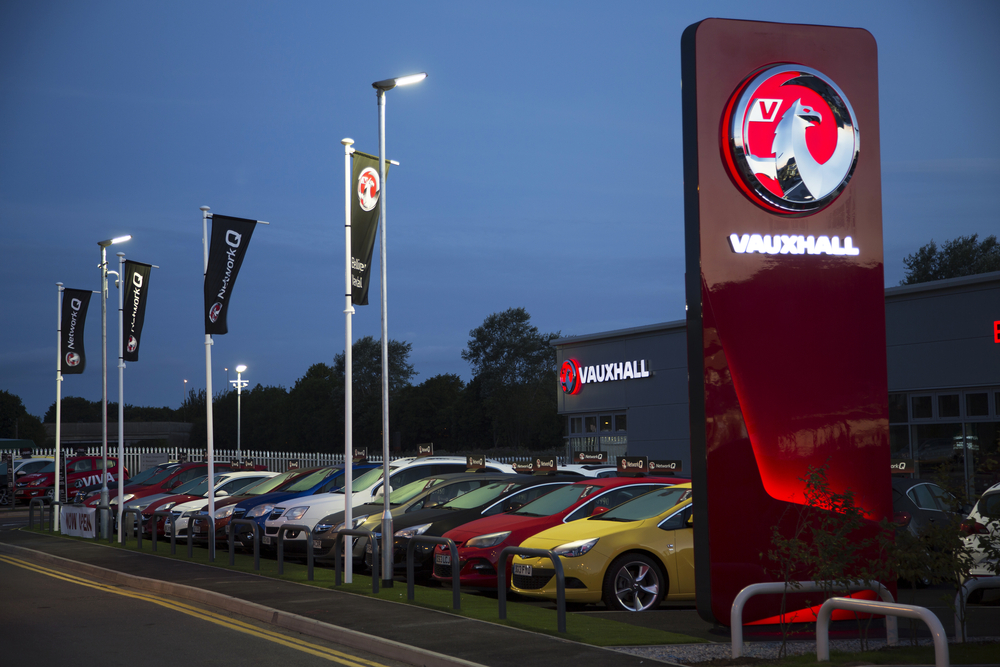Everyone considering changing their car will be looking for the best deals for their personal circumstances. There are many products to consider when buying or leasing a car, so it’s important to understand each product and how the costs can vary. With the current financial issues many people are facing, keeping costs as low as possible is a priority.
Outright Purchase
Purchasing a car outright will often be the best option if that is something you can afford to do and intend to keep the car for a while, plus many dealerships will offer great deals, including the sale of demonstration low mileage and pre-registered cars. The majority of new car sales will include specific service and maintenance packages, and all will have at least a 3-year warranty. Purchasing a car outright will mean that you do not have any monthly payments or interest charges. When you want to change cars, you will not be tied into any contract small prints like mileage limitations and cosmetic damage penalties.
If you choose to buy a used car outright, you can still get some very good deals with extended warranties and maintenance packages if buying from a reputable dealership. However, there are not so many benefits if purchasing from a private individual, and there is little comeback if the car fails soon after buying, so it is wise to do the best checks you can before handing over any money.

Personal Loan
If you use a personal loan to help with a car purchase, the interest rates of the bank or loan provider can sometimes be cheaper than leasing per month. Personal loans and lease car companies require a good credit score to give you the lowest interest deals.
Once the car loan is paid off, you will have no monthly repayments, which is what many people who get car loans strive for. Often, they put a deposit (usually their old car) down and look to repay their loan as quickly as possible – which makes the most sense. If you get a loan over a long period, there is a chance that the value of the car, at some stage of the loan period, will be lower than the loan balance. This is not a major issue, but if you need to sell quickly, you will need to make up the shortfall to clear your loan. Always try to make sure you have equity, i.e. the car, should you need to offload in case of financial emergency, can clear the loan, with hopefully some left over.
PCP – Personal Contract Purchase
PCP – this is where a finance company essentially buys the car from the dealership for you, and you pay a deposit and monthly repayments, usually over 3 or 4 years. You do not own the car at any time during the contract; there may be mileage limitations or extra charges on return if the damage is more than regular wear and tear. At the end of the contract, the finance company will have a balloon payment cost, which you can pay and then wholly own the vehicle, or you can decide to give the car back or part-exchange it to another PCP contract. This is a good option if you intend to renew your car every few years.
Subscription Leasing
Subscription leasing also includes insurance, maintenance and breakdown cover with monthly payments. The contracts can start at just 3 months. This lease will never give you ownership. This is cheaper than hiring a car over a few months but can be very costly in the long term. You may be tied to certain garages for maintenance, and including extra drivers on insurance can also be expensive.
Hire Purchase
Hire purchase is slightly different from PCP as the contract is to own the car. After a 5-10% deposit, the finance company buys the car for you, and you repay them with interest until the contract is completed. After that, you own the car outright.

